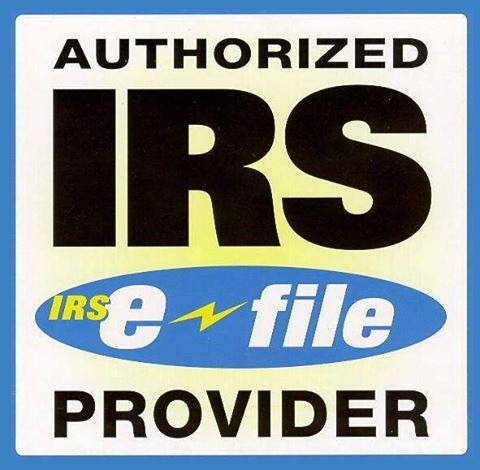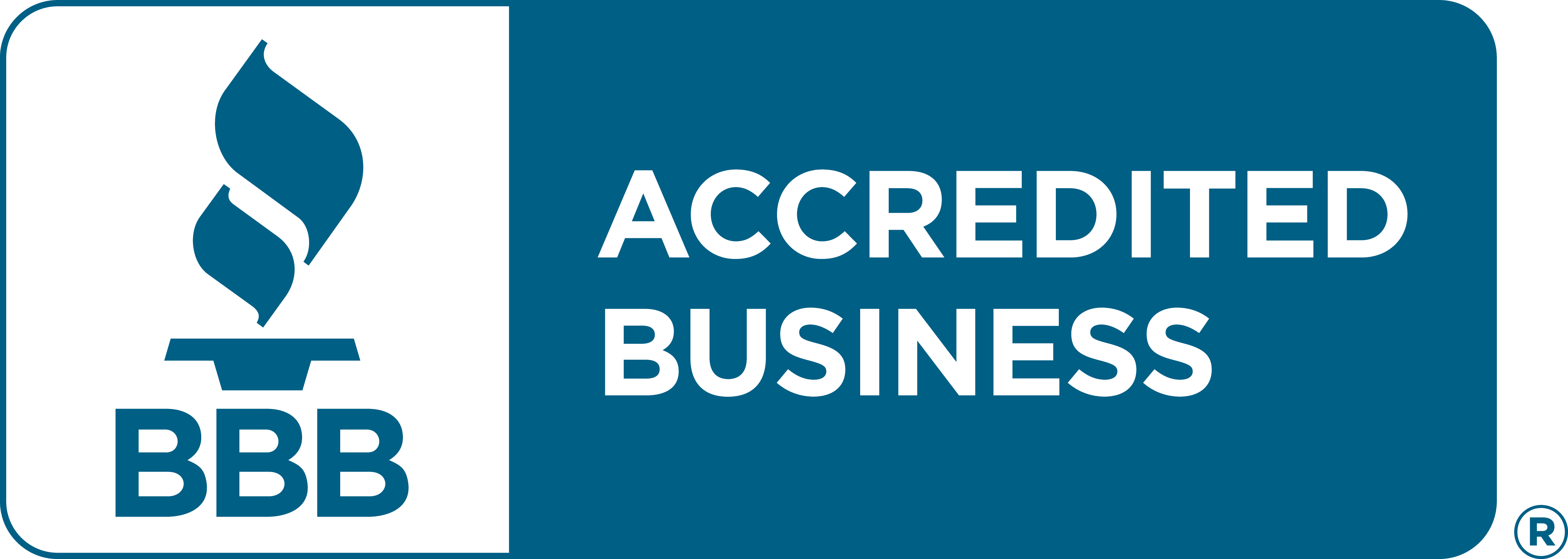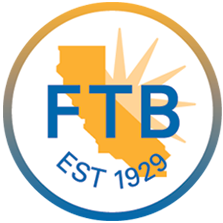Understanding the key Differences: IRP vs. IFTA
Stay ahead of compliance and keep your trucks on the road
Excise Tax Forms
Employment Tax Forms
Information Returns
Exempt Org. Forms
Extension Forms
Business Tax Forms
FinCEN BOIR
If you own or operate commercial trucks, especially across multiple states or provinces, you’ve likely heard of IRP (International Registration Plan) and IFTA (International Fuel Tax Agreement). Both are essential for legal interstate and interprovincial trucking operations in North America, but they serve different purposes.
This resource page breaks down the differences between IRP and IFTA, helping trucking companies, owner-operators, and fleet managers understand what each program covers, why they matter, and how to comply.
Table of Contents
What is an IRP?
The International Registration Plan (IRP) is a vehicle registration reciprocity agreement among U.S. states and Canadian provinces. It allows commercial motor carriers to register their vehicles in their home jurisdiction and receive apportioned license plates that authorize operation in all participating jurisdictions.
- Purpose: Distributes vehicle registration fees based on the proportion of miles traveled in each jurisdiction.
- How it works: Carriers obtain a single “apportioned” license plate and cab card from their base jurisdiction. Fees are then shared among all jurisdictions where the vehicle operates, according to the miles driven in each.
- Who needs IRP: Generally, commercial vehicles over 26,000 pounds gross vehicle weight (GVW) or those with three or more axles,operating in two or more member jurisdictions
What is IFTA?
The International Fuel Tax Agreement (IFTA) is an agreement among U.S. states and Canadian provinces to simplify fuel tax reporting for commercial motor carriers operating in multiple jurisdictions.
- Purpose: Simplifies fuel tax reporting for carriers by consolidating tax payments and filings into a single quarterly report to the base jurisdiction.
- How it works: Carriers track miles traveled and fuel purchased in each jurisdiction. Taxes are calculated based on where the fuel is used, not just where it was purchased. The base jurisdiction collects the taxes and distributes them to the appropriate states or provinces.
- Who needs IFTA: Commercial vehicles over 26,000 pounds GVW or with three or more axles, operating in two or more member jurisdictions
Key Differences Between IRP and IFTA
| Aspect | IRP (International Registration Plan) | IFTA (International Fuel Tax Agreement) |
|---|---|---|
| Purpose | Vehicle registration and apportioned licensing | Fuel tax collection and reporting |
| What it covers | Registration fees based on vehicle mileage | Fuel taxes based on fuel consumption and mileage |
| Who needs it | Truck owners/operators with commercial vehicles | Truck owners/operators with qualified vehicles |
| How fees/taxes are paid | Fees paid to base jurisdiction, apportioned to others | Fuel tax paid to base jurisdiction, apportioned to others |
| Reporting frequency | Annual vehicle registration | Quarterly fuel tax reporting |
| Governing authority | Jurisdiction transportation departments | Jurisdiction transportation/fuel tax departments |
| Required documents | Vehicle registration, proof of insurance | Fuel purchase records, mileage logs |
Why are IRP and IFTA Important?
- Compliance: Both ensure you comply with multi-jurisdiction laws and avoid fines.
- Simplification: They simplify registration and tax reporting for carriers operating across many states or provinces.
- Cost Allocation: They allocate costs based on actual travel and fuel usage.
- Legal Operation: Operating without IRP or IFTA when required can lead to penalties and vehicle impoundment.
How to Register IRP and IFTA?
- Determine Your Base Jurisdiction: Usually your company’s principal place of business.
- Gather Required Information: Vehicle details, mileage logs, fuel receipts.
- Apply for IRP Plates: Submit an IRP application to your base jurisdiction’s motor vehicle department.
- Apply for IFTA License: File IFTA registration with your base jurisdiction’s tax authority.
- Maintain Records: Keep detailed mileage and fuel purchase records for all jurisdictions.
- File Regular Reports: IRP annually; IFTA quarterly.
Who is Exempt from IRP and IFTA?
You may not need IRP or IFTA if:
- You operate solely within one state or province.
- Your vehicle weighs under 26,000 pounds and has fewer than 3 axles.
- You’re operating a recreational or government-owned vehicle.
Penalties for Non-Compliance
Failing to comply with IRP or IFTA regulations can result in:
- Fines and penalties
- Vehicle impoundment
- Audits and back payments
- Suspended operating privileges
Don’t Forget to File Form 2290!
📄 Need help? Check out Form 2290 Instructions












